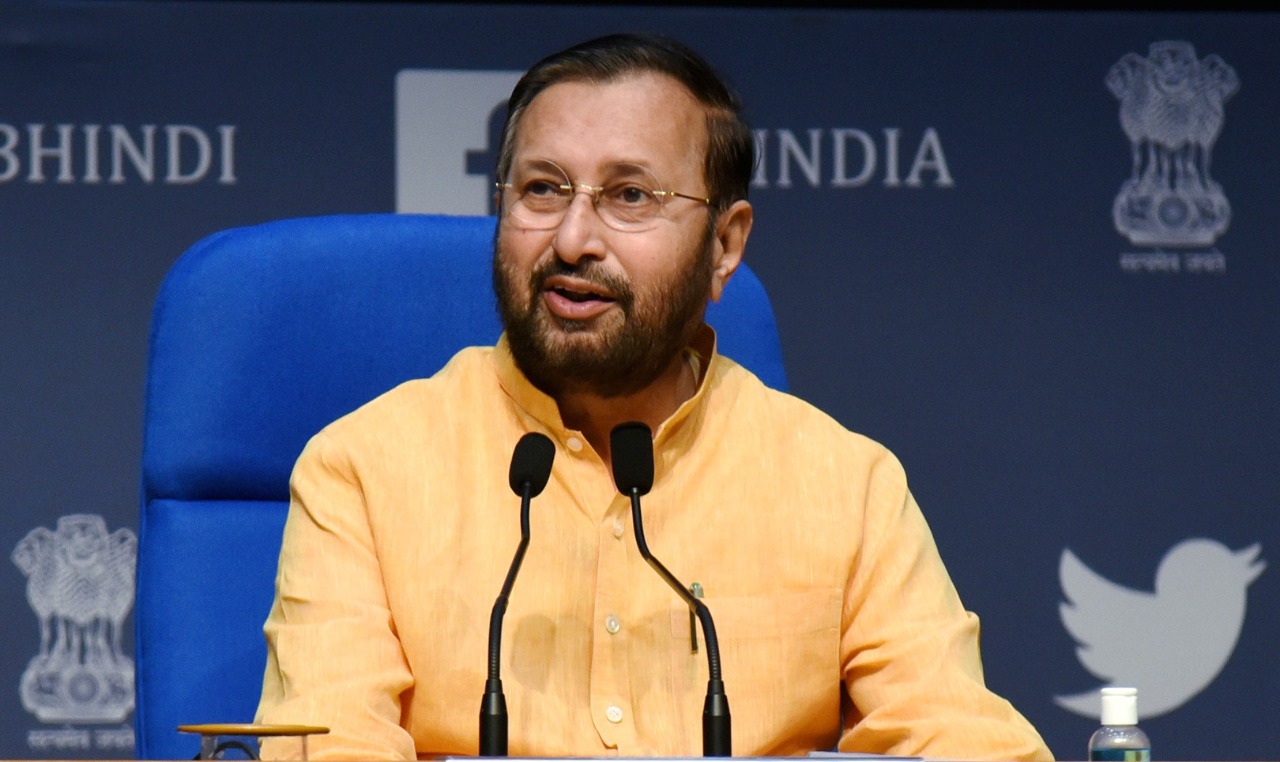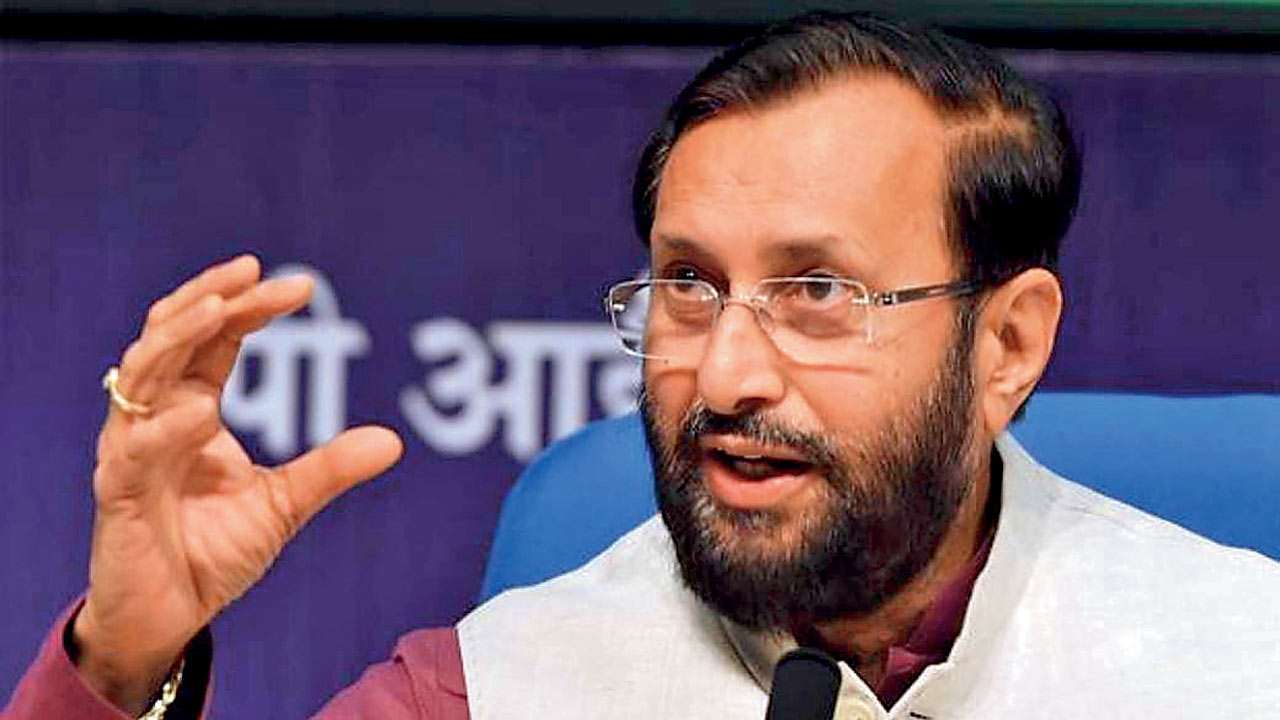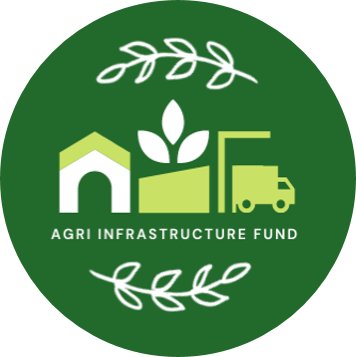Prakash Javdekar said Govt approves Agri infra fund of Rs 1 lakh cr & allows migrant workers to rent PMAY houses
Prakash Javdekar said Govt approves Agri infra fund of Rs 1 lakh cr & allows migrant workers to rent PMAY houses
Prakash Javadekar announced that about 1.08 lakh ready-to-live houses under the Pradhan Mantri Awas Yojana (PMAY) will be provided to migrant workers on rent in across 100 cities.

With financial support and interest subsidy, the Agri infra fund will offer a financing facility for investment in projects associated with community farming assets and post-harvest management infrastructure.
The program launched by the government for migrant laborers
The cabinet passed an agriculture infrastructure fund worth Rs 1 lakh crore, by the National Democratic Alliance government’s most extensive federally funded program in the agriculture sector. The program provides green-lighted and affordable rental housing schemes for migrant workers, who left cities and returned home to the hinterland in consequence of the COVID-19 disease pandemic, and the lockdown imposed to stop its spread.
Finance minister Nirmala Sitharaman announced both programs in May as part of the Rs 20 lakh crore economic inducement and relief package announced by Prime Minister Narendra Modi to combat the Covid-19 pandemic and the lockdown imposed to stop its spread.
In the form of specific loans with decreased interest rates, the fund is proposed for farm entrepreneurs, aggregators of farm produce, and building infrastructures such as refrigerated storage, markets, and agriculture supply chains. The scheme managing the fund will begin in this fiscal year and end in 2029.
While declaring the fund, the finance minister told the loans would serve private agricultural entrepreneurs and start-ups that intended to buy the produce of farmers and enter global markets but did not own the infrastructure. “This fund will rapidly approach the issue. It will be created at the most immediate,” she declared on May 15.

The total credit will be expended beyond four years, beginning with an initial sanction of Rs 10,000 crore in the present financial year and Rs. 30,000 crore each in the subsequent three fiscal years.
The Rs 1 lakh crore fund is intended to increase farm infrastructure and logistics. It will propose a medium to long term debt facility for investment in community farming assets and harvest management projects. It will operate on a model of discounts on interest and financial assistance.
All loans supporting the fund will have an interest discount of 3% per year up to a limit of Rs 2 crore. This advantage of this discount will be available for seven years for a maximum period.
Credit guarantee coverage is something where loans are underwritten and will be available for suitable borrowers under the Credit Guarantee Fund Trust for Micro and Small Enterprises plans for loans up to Rs 2 crore.

According to Arindam Guha, partner, administration, government, and public sector, the strain of Rs 1 lakh crore in the rural-Agri infrastructure sector will create rural employment and lessen farm wastage Deloitte India.
The cabinet supported the development of affordable rental housing complexes for urban migrant poor as a “sub-scheme” following the Pradhan Mantri Awas Yojana-Urban (PMAY–U). Present unoccupied government-funded housing complexes will be utilized for the scheme through permission agreements for 25 years.
The housing scheme for urban poor requires Rs 600 crore funding that will be issued for projects with innovative technologies for construction. The government believes the program will serve approximately 300,000 migrant poor laborers.
Existing and unfilled government-funded housing complexes will be converted into such complexes. Concessionaires will make the complexes comfortable by offering repair and maintenance and filling gaps in infrastructure that includes water and drainage connections and roads.

Exclusive incentives such as permission to use existing unoccupied land, 50% additional Floor Area Ratio or Floor Space Index, concessional loans at priority sector lending rates, and tax relief at par with those proposed to affordable housing will be provided to private and public entities to develop such complexes.
The motive behind the program
According to internal ministry data, 1.2 million government houses are available. They were constructed under the Pradhan Mantri Awas Yojna (PMAY), Jawaharlal Nehru National Urban Renewal Mission (JNNURM), and state governments’ housing schemes. Maharastra has 35,000 residential units ready to live, and Delhi has 30,000 houses, administrators aware of the construction said on the situation of anonymity. The Centre will be announcing model ownership agreement guidelines which the states can follow, they further added.
Millions of migrant workers who both lost their jobs or were concerned about losing their livings left the cities in a journey to their homes in states such as Bihar, Jharkhand, Odisha, Uttar Pradesh, and West Bengal after the post-COVID-19 lockdown’s implementation on March 25. Many criticized that they were under pressure from landlords to abandon their rented houses.
![Apply] Agriculture Infrastructure Fund Scheme 2021 Registration / Login at agriinfra.dac.gov.in Portal Online](https://sarkariyojana.com/wp-content/uploads/2020/08/agriculture-infrastructure-fund.jpg)
“The Covid-19 pandemic has emerged in a huge contrary migration of workers/ urban poor in India who come from rural areas or poor towns for exploring better employment opportunities in urban areas. Ordinarily, these migrants live in slums, unauthorized colonies, or peri-urban areas to save rental charges. They spend a lot of time on roads by walking or cycling to workplaces, endangering their lives to cut on the expenses,” the Ministry of Housing and Urban Affairs stated.
“A large number of the workforce in manufacturing industries, domestic establishments, service providers in hospitals and hospitality, and laborers at construction projects or other sectors and others who come from rural areas or small towns requiring better opportunities will be the objective beneficiary under affordable rental housing complexes,” it added.
The affordable rental housing scheme will encourage the government’s commitment to Housing for All.




